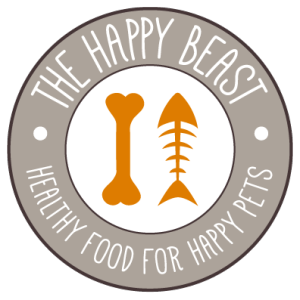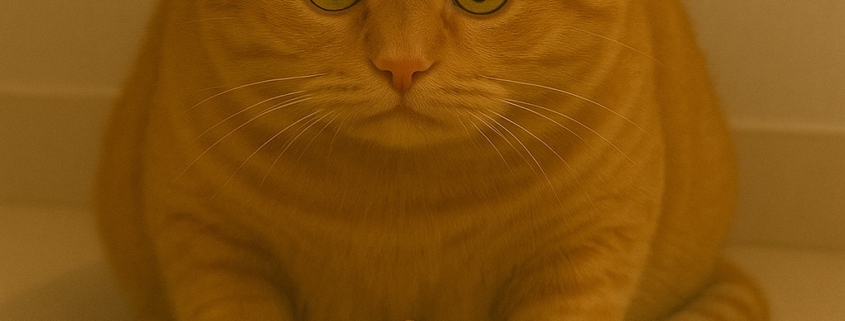Overweight or obese animals are at risk for serious health consequences and their conditions should not be taken lightly. The extra weight can seriously impact the length and quality of an animal’s life and increases their risk for many health conditions including diabetes, heart disease, high blood pressure, unnecessary strain to the bones, joints, and ligaments, and difficulty breathing.
Obesity is a nutritional disease that results from consuming more calories than the body needs. Current statistics show that in the U.S., over 50% of cats and dogs are overweight or obese. This means we are simply feeding them too much, and likely feeding them too much of the wrong food. The good news is it is fully within our reach to get our animals back to a healthy weight so that they can live a happy and pain-free life! (Read about canine weight-loss here.)
Identifying the Problem
For most cats, the obesity problem can be attributed to two factors: living indoors and being fed a biologically-inappropriate kibble. Typically, indoor cats do not exercise as much as cats that have access to the outdoors, and therefore do not burn as many calories in a day. Additionally, if we feed an indoor cat a diet that is exclusively or predominantly kibble, we are feeding a high carb diet to a low activity animal. This becomes an easy recipe for an overweight cat.

